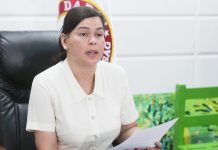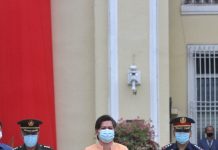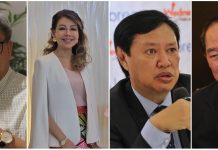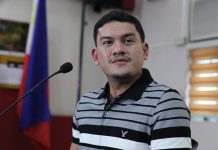As shown by past experience, lending money to the poor is not the way to go to eradicate poverty.
From this line of thought, the Microfinance Council of the Philippines, Inc (MCPI) is now promoting the development of social empowerment programs and not just economic empowerment for the poor.
MCPI discovered that the standard micro-enterprise loan was not reaching the poorest and that MFIs needed to continue exploring new products and services.
MCPI president Ruben de Lara cited some of the practices of MFIs actively implementing social empowerment programs such as the provision of medical insurance for members of the MFI.
“Here, the Tulay sa Pag-Unlad Inc partnered with the government to provide medical insurance to its members. With a mere P1,200 the member’s whole family is now covered,” he said.
Another program that MFIs are encouraged to implement is the social housing program that allows members to borrow anywhere from P30,000 to P100,000 for housing purpose. They are only charged 1.2 percent interest per month, way lower than the livelihood loan portfolio that the MFI provides.
Other social empowerment services include educational loan, trainings, and exposure to value formation. These are but some of the pro-poor products, services which are both financial and non-financial in nature.
Nationwide, there are around 46 Filipino institutions that are members of MCPI, striving to attain and maintain certain standards of practice for the welfare of their clients, the sustainability of their operations and eradication of poverty in the Philippines .
In Mindanao, there are about 41 MFIs delivering financial and capability development services to the poor.
Data show that there is a collective outreach of 1.5 million clients and total portfolio of seven billion as reported in 2008.
Since the number of sustainable MFIs increase, the industry is making a significant contribution in effecting a stable and more equitable financial system in the country. [PIA 11/Mai Gevera]






